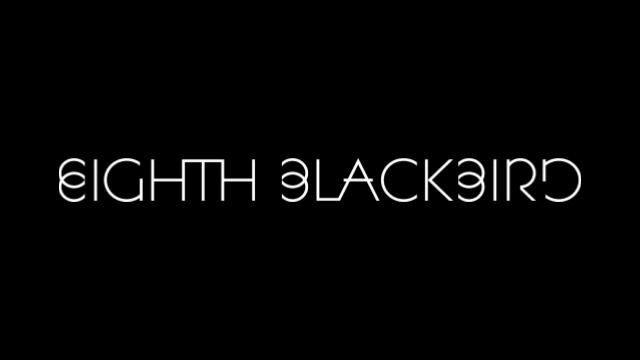
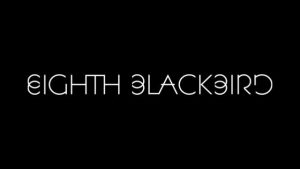 Somewhat Recommended ** Technical difficulties took center stage at the May 13th livestreamed performance of “Half Gringa” from the Chicago Artists Workshop (CAW) Eighth Blackbird facility on North Rockwell Street, in Chicago. The show spotlighted Isabel Olive, who sang several of her new unreleased songs (which she had crafted during the pandemic) together with older songs from her previous album “Force to Reckon”, released in August 2020. Named in honor of her half-Latinx origins, Half Gringa featured Olive’s original folk music, with the occasional Latinx rhythm. In addition to her singing and guitar playing, Samuel Cantor joined her on stage to accompany her with musical embellishments on a second guitar. Their beautifully combined instrumentals were augmented from time to time by Matthew Duvall, of CAW, on percussion (most notably bass drum, glockenspiel, and maracas) and Lisa Kaplan, of CAW, on piano.
Somewhat Recommended ** Technical difficulties took center stage at the May 13th livestreamed performance of “Half Gringa” from the Chicago Artists Workshop (CAW) Eighth Blackbird facility on North Rockwell Street, in Chicago. The show spotlighted Isabel Olive, who sang several of her new unreleased songs (which she had crafted during the pandemic) together with older songs from her previous album “Force to Reckon”, released in August 2020. Named in honor of her half-Latinx origins, Half Gringa featured Olive’s original folk music, with the occasional Latinx rhythm. In addition to her singing and guitar playing, Samuel Cantor joined her on stage to accompany her with musical embellishments on a second guitar. Their beautifully combined instrumentals were augmented from time to time by Matthew Duvall, of CAW, on percussion (most notably bass drum, glockenspiel, and maracas) and Lisa Kaplan, of CAW, on piano.
The show could have been enjoyable but unfortunately, it was a disaster. The one-hour performance was plagued by major audio problems. The sound would constantly fade in and out on several different microphones; and there was a constant, all-present hum that got louder and softer during the course of the show, with some microphone feedback at one point towards the end of the performance. Olive’s solo microphone sounded echoey most of the time, and at first, I thought the type of microphone she was using didn’t suit her low, sultry voice. But forty minutes into the program, her microphone started working reasonably well, and I realized that it wasn’t solely a mix problem or a microphone problem. Was there some larger technical glitch that was affecting the sound quality and the pitch throughout? What was most frustrating was that the moment one audio problem was fixed, another would rear its ugly head. There were far too many times when I had to increase the volume on my speakers to the maximum in order to hear what was being said or sung. In fact, the very last interview, which featured the performing artists taking questions from the audience, had virtually no sound at all.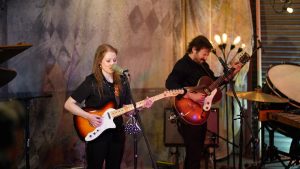
The second song had three false starts. The last song had one false start, with Olive saying it sounded too loud to her, but, in fact, from the virtual audience’s point of view, it was too soft. There was obviously some kind of disconnect going on between what the performers heard, what the live audience heard, and what we were hearing online. At one point, Olive apologized for some of the technical faults in the program. I’m sure that her music and lyrics are much better than what I heard this evening, so I cannot truly judge their underlying quality. That said, some songs are better than others. I have never been a fan of downbeat monotone songs or those that end without an end, like the last one in the repertoire. However, I liked the sound of the two guitars together and adored just how much Cantor’s sophisticated accompaniment enhanced Olive’s original compositions.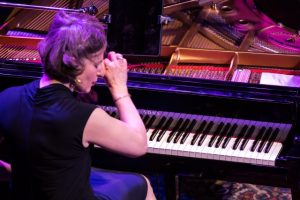
Finally, there was a lighting problem. I’m sure that a lot of readers are familiar with Shepard Fairey and his use of light and shadow in his iconic portrait of Barack Obama. Well, the stage lighting of Olive’s face was reminiscent of this portrait, except it was in colors of yellow and magenta (rather than red and blue). The yellow light on the right side of her face was much too hot and glaring. In general, the color scheme chosen for the lights should have been better balanced and have not used so many warm colors. It would have been different if the color of the lights had been varied to mark the different songs. But since the same lighting was used throughout, a more neutral palette would have been better.
The musicians all wore black clothing, with the exception of Lisa Kaplan, who wore a beautiful dress with all sorts of birds on it: cockatoos, red macaws, and dark blue hyacinth macaws. The lovely contrasting material in the dress consisted of berries that the birds might eat. It was a definitely distinctive article of clothing and probably a nod to Eighth Blackbird’s fundraising efforts, where donor categories are named for species of birds (e.g., phoenix, falcon, kingfisher, etc.) with the smallest donor being in the category of the hummingbird.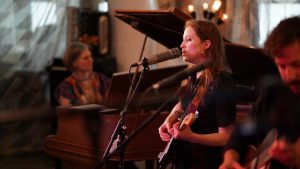
In sum, due to a cascade of major technical glitches, listening to Half Gringa was not half bad, but it was not half good either. With the remote audience’s inability to hear the musical performance properly, taking the trouble to see through all the debilities became increasingly more of a chore as time wore on. It became difficult to follow the various songs and know exactly what we were listening to.
For more information about this and other offerings, please visit https://www.eighthblackbird.org/.
Tickets for this one-time livestreamed event were $20 per household (suggested), but options include choosing a price or becoming a donor to the organization. Please go to the donate section on the Eighth Blackbird website to help support their mission of promoting performing artists in Chicago and the Midwest.
You can also follow them on their Facebook page: https://www.facebook.com/eighthblackbird/.


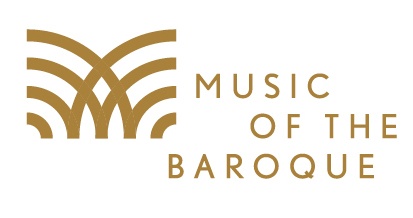

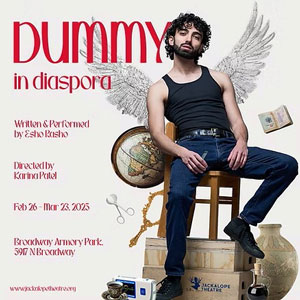

More Stories
“The Carpenters Connection: Happy 75th Karen”
“Seth’s Broadway Concert Series”
“Music of the Baroque: Minkowski Conducts”